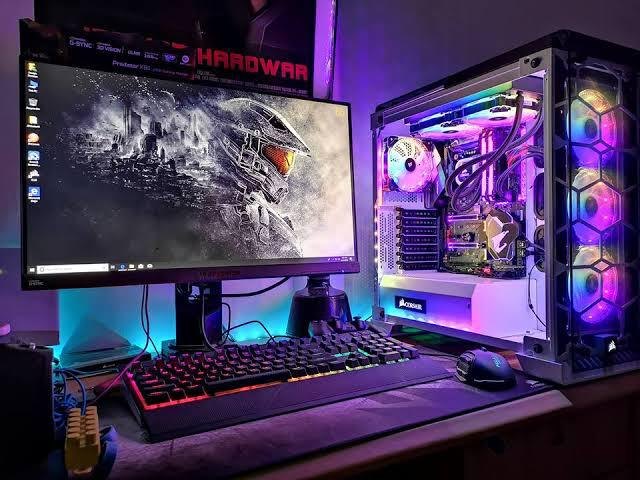
LG vs. Samsung TV: A Comprehensive Comparison to Help You Choose
When it comes to choosing the perfect television for your home, the decision often boils down to two prominent brands: LG and Samsung. These industry leaders offer a diverse range of TVs to cater to varying preferences and budgets. While LG is renowned for its OLED technology, Samsung excels in QLED displays. In this comprehensive comparison, we’ll help you decide which TV brand aligns with your specific needs.
Samsung TVs: When to Choose Them
- Brighter Picture: If you prioritize brightness and vibrancy, Samsung’s QLED (quantum-dot light-emitting diode) technology takes the lead. QLED screens offer exceptional brightness and color vibrancy, making them a great choice for any room, regardless of lighting conditions. However, it’s important to note that QLED TVs may experience white bleeding, affecting black levels and contrast.
- Affordable 8K Option: If you’re eyeing an 8K television without breaking the bank, Samsung has an edge. Their 8K TVs, such as the Neo QLED QN900B 8K 75-inch TV, are competitively priced, making high-resolution viewing more accessible. Samsung’s 8K options outshine LG’s in terms of picture quality, particularly in contrast and vibrancy.
- Smart Home Integration: Samsung boasts SmartThings, a widely compatible home automation system. Many of their latest TVs double as SmartThings Hubs, facilitating the connection of various smart devices like lights and plugs via Wi-Fi. Additionally, Samsung offers a SmartThings Hub Dongle to expand compatibility with Zigbee devices, making it an excellent choice for those in the Samsung ecosystem.
LG TVs: When to Choose Them
- OLED Superiority: LG is synonymous with OLED technology and remains a dominant force in the OLED TV market. If OLED is your preference, LG has you covered with TVs like the LG C2 and G2. However, Samsung does offer some OLED screens, including the acclaimed Samsung S95C and S95B models.
- Exceptional Contrast: LG’s OLED panels deliver superior contrast and true blacks, which don’t gray out on the screen. This rich contrast and deep black level make OLED TVs ideal for home theaters and dimly lit rooms. While LG also offers NanoCell panels at a lower price point, they can’t match OLED’s contrast and brightness.
- HomeKit Compatibility: LG’s smart TVs run on WebOS, an intuitive platform that supports home automation systems like HomeKit. If you’re in the Apple ecosystem, this compatibility is a rare find. Be sure to check for the “Works with Apple HomeKit” label on LG TVs. Some LG models also support Google Assistant and Amazon Alexa for added convenience.
Choosing between LG and Samsung TVs ultimately depends on your specific preferences and requirements. If you prioritize brightness, affordability, and seamless smart home integration, Samsung is an excellent choice. On the other hand, if you value OLED technology, superior contrast, and compatibility with HomeKit, LG is the brand for you.
Both brands have their strengths, and your decision should align with your unique viewing needs and ecosystem preferences. Whether you opt for the vibrant QLED displays of Samsung or the rich contrast of LG’s OLED panels, rest assured that both brands offer high-quality televisions to enhance your entertainment experience.

